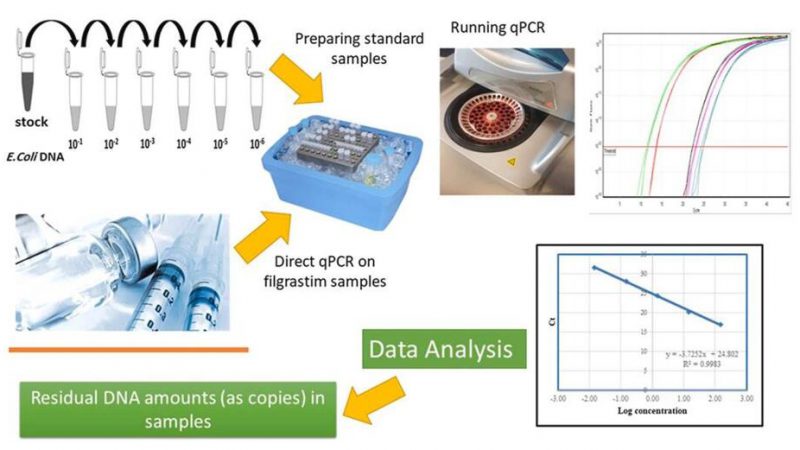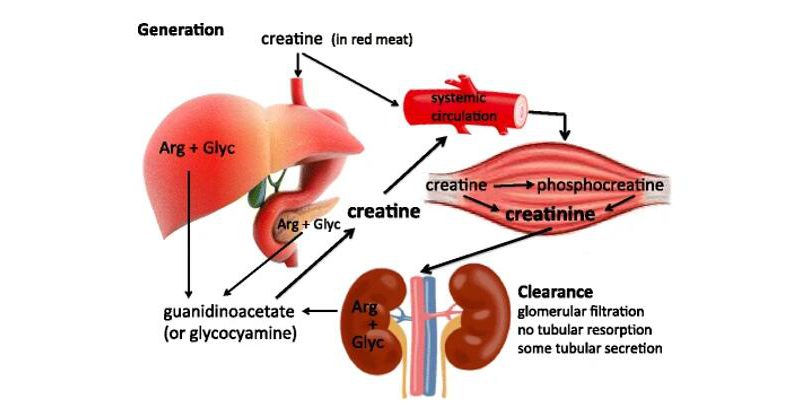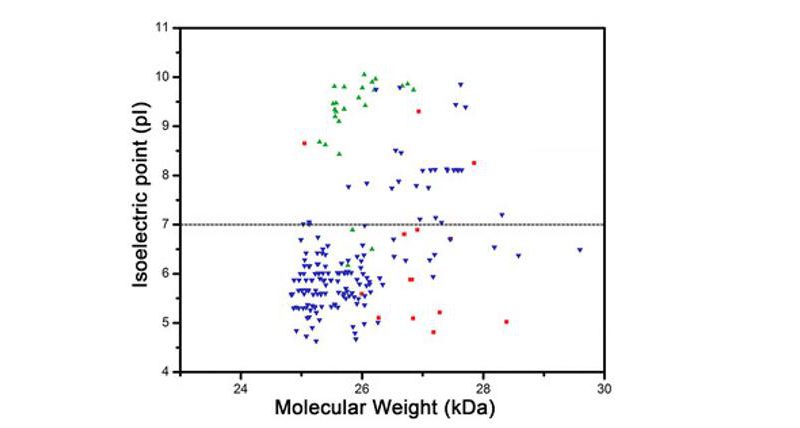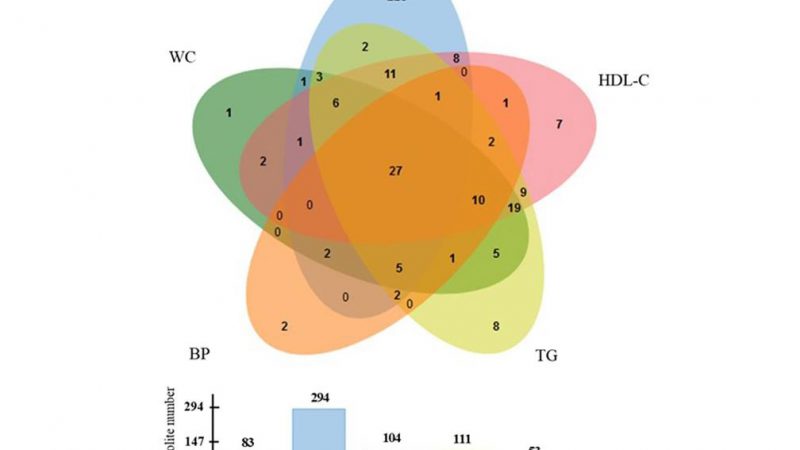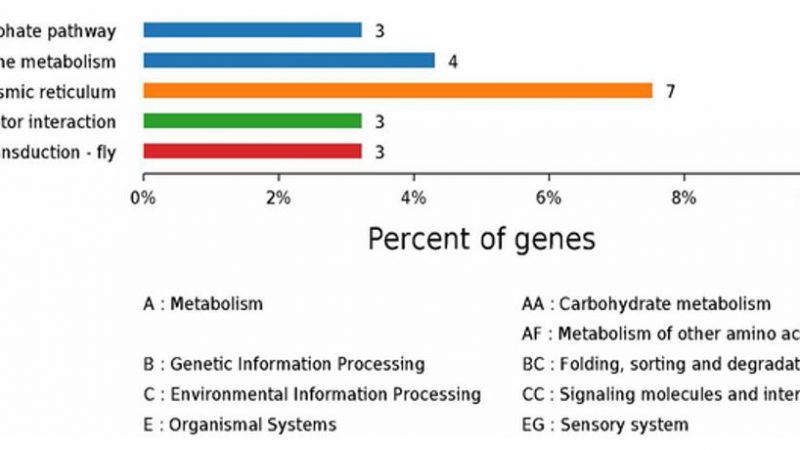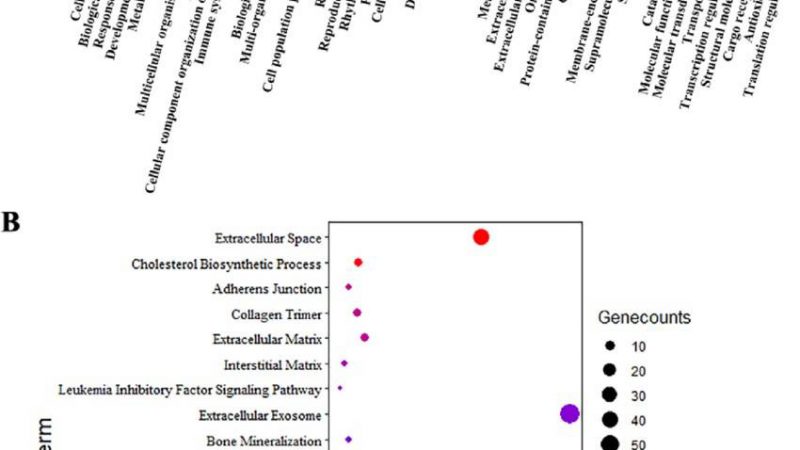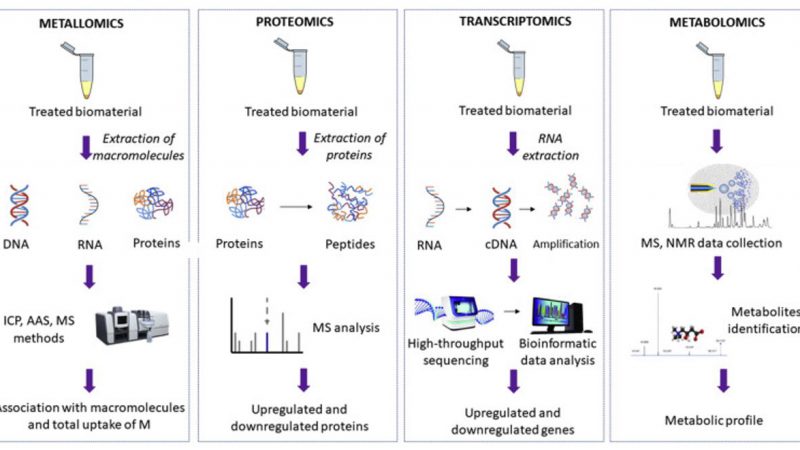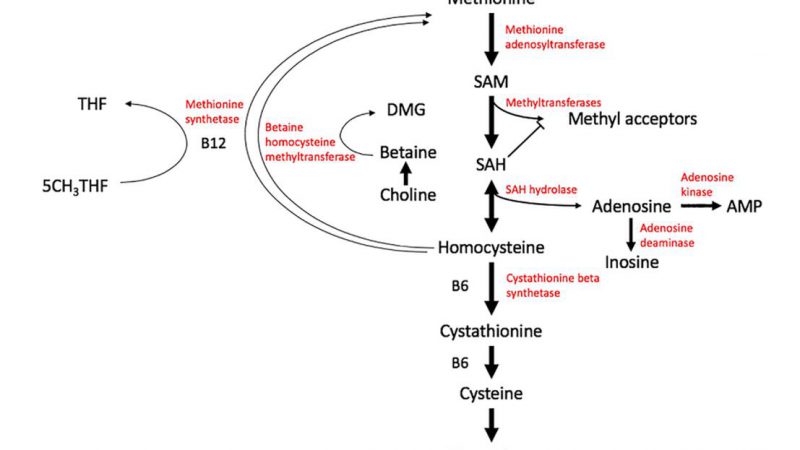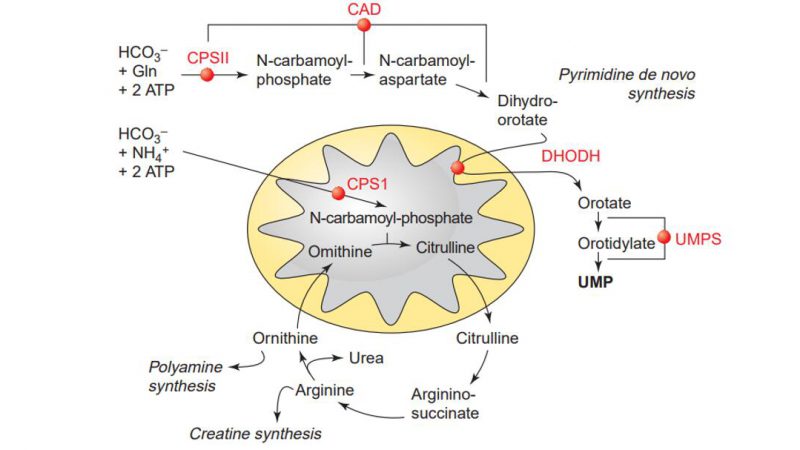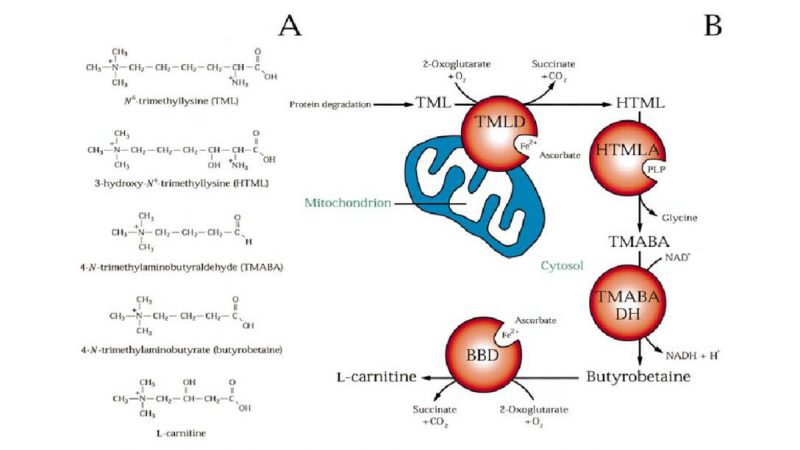In the rapidly evolving sectors of biopharmaceuticals, cell therapy, gene therapy, and forensic science, residual DNA testing is a critical
Creatinine is a term that frequently appears in medical discussions, particularly in the context of kidney health and metabolic function.
Definition of the Isoelectric Point (pI) The isoelectric point (pI) is scientifically defined as the pH at which a molecule—most
Proteomics and metabolomics are two pivotal fields in the study of biological systems. Proteomics is concerned with the large-scale study
Introduction to KEGG Annotation The Kyoto Encyclopedia of Genes and Genomes (KEGG) is a world-renowned bioinformatics resource that has revolutionized
Understanding the Basics of Gene Ontology (GO) Gene Ontology (GO) provides a standardized framework for annotating genes and their products,
Introduction to Metallomics Metallomics is a rapidly emerging and highly interdisciplinary field that focuses on the systematic study of the
What is the difference between SAM and SAH? S-adenosylmethionine (SAM): The Universal Methyl Donor SAM, or S-adenosylmethionine, is one of
Pyrimidine metabolism is a fundamental biochemical pathway that plays an essential role in the synthesis and degradation of nucleotides, the
Carnitine, a quaternary ammonium compound, is an essential nutrient that plays a critical role in energy production by transporting long-chain
